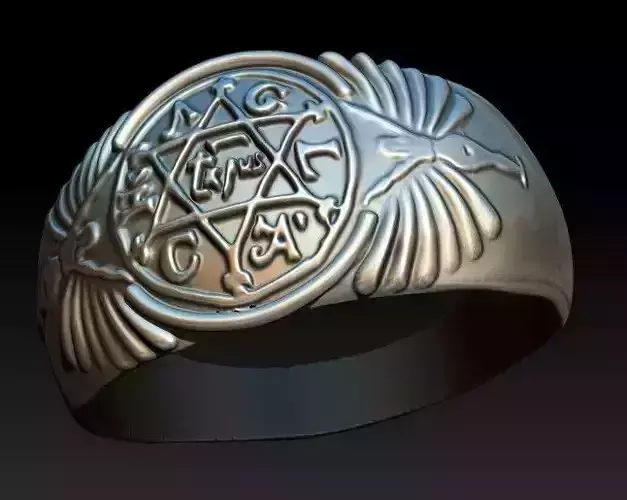1/9
Solomon (Hebrew שְׁלֹמֹה, Shlomoh), also called Jedidías (Hebrew: יְדִידְיָהּ Yedidyah), 3 was according to the Bible the third and last monarch of the united kingdom of Israel (that is, before the separation of the Israelite territory in the kingdoms of Judah and Israel) .4 Son of King David, he ruled over a vast territory for almost four decades, 5 possibly between 965 and 928 BC. C.6 During the reign of Solomon the first Temple in Jerusalem was built and he is credited with the authorship of the biblical texts entitled Book of Ecclesiastes, Book of Proverbs and Song of Songs.
He favored commercial relations reaching India in the company of Hiram de Tiro. He established relations even with the Kingdom of Saba (Yemen). He also maintained excellent relations with the Phoenicians to whom he handed over twenty cities of Galilee. 7
En los textos mencionados se dice del rey Salomón que heredó un considerable imperio conquistado por su padre el rey David, que se extendía desde el Valle Torrencial en la frontera con Egipto hasta el río Éufrates, en Mesopotamia;89101112 tenía una gran riqueza y sabiduría;13 administró su reino a través de un sistema de 12 distritos;14 poseyó un gran harén, el cual incluía a «la hija del faraón»;151617 honró a otros dioses en su vejez1819 y consagró su reinado a grandes proyectos de construcción.20
En el Corán, Salomón es considerado uno de los más importantes profetas. Los musulmanes se refieren generalmente a él con la variante árabe, Sulayman. En el Kebra Nagast (Libro de la Gloria de los Reyes de Etiopía), crónica pretendidamente histórica de los reyes de Etiopía, se describe la descendencia de Salomón desde su hijo Menelik I (hijo de Salomón de la Reina de Saba).
REVIEWS & COMMENTS
accuracy, and usability.









